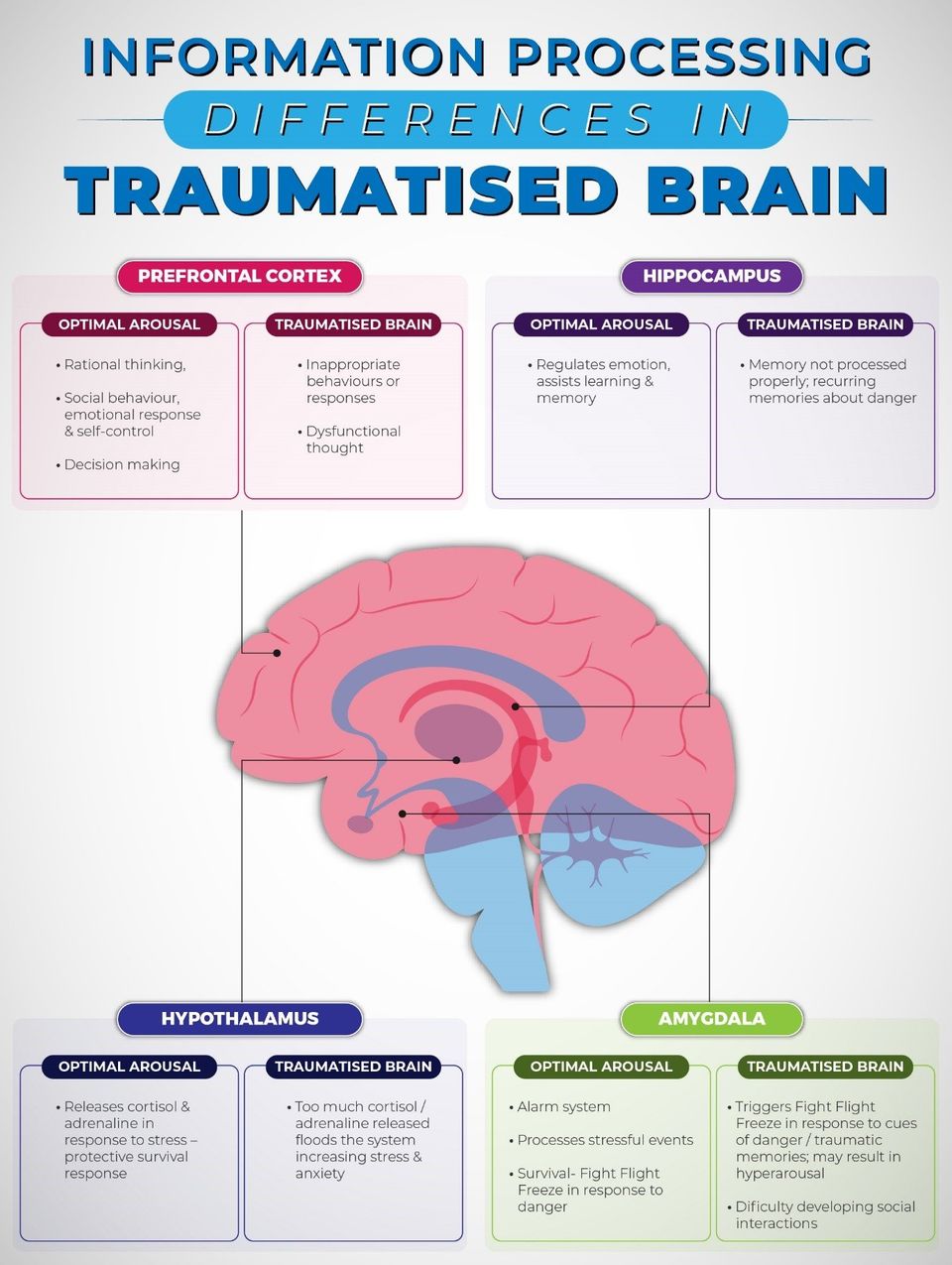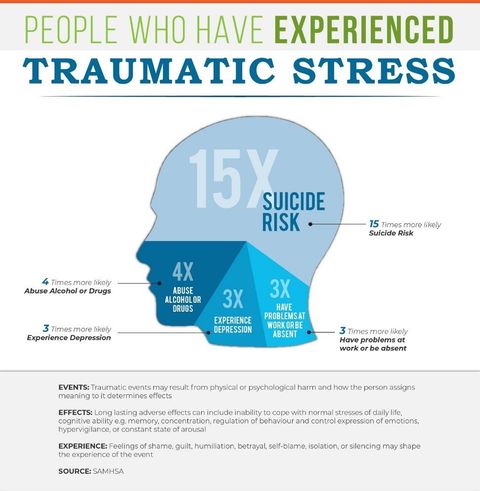About
The MindCoach
Our purpose
”The only way out is through”
Our people
Jonathan Streeton
Our Team
About Reset Therapy
Trauma
- Read more...
While many people will be able to move past the shock and painful memories from a traumatic incident within a month or two without intervention. But for some people these reactions continue and can be very severe, disturbing everyday life
During a trauma, some people may suffer panic attacks, feel completely helpless, have a fear of death or being seriously injured. After a trauma people may feel alone or isolated, lack support. May not feel understood by others, avoid others, or suffer additional stresses such as problems at work or divorce
Severe trauma may result in PTSD, Post traumatic Stress Disorder or people may develop other problems such as depression or turn to substance misuse
Some types of trauma, such as combat or rape, can cause higher rates of PTSD
PTSD effects everyone differently, however it can cause significant stress
The Good News is ….PTSD is treatable
- What is PTSD? Find out more
What is PTSD?
PTSD is caused by experiencing, witnessing, or learning about someone close to you suffering from a traumatic event (such as a threat of death, serious injury or sexual violence
Who develops PTSD?
Practically anyone can develop PTSD, although some factors increase the likelihood, such as being female, having experienced trauma before or child abuse, having a pre-existing mental health problem or a family history of mental illness
PTSD Symptoms
Reliving the trauma
Flashbacks, disturbing nightmares or memories, Feel very upset when recalling the trauma
Persistent avoidance
Avoiding thoughts, memories or feelings associated with the traumatic incident
Avoiding people, places or conversations that remind you of the traumatic event
Negative thoughts & Moods
Negative beliefs e.g. “ I am a bad person”, The world is dangerous – nowhere is safe”, No-one can be trusted”
Persistent negative emotions e.g. fear, anger, shame, guilt, Self-blame, Feel isolated or detached from others, Lack of interest in activities
Dissociation – feel detached from self or the world around seems distant, distorted, or unreal
Reactive & Feel on edge
Irritable or angry, on guard, easily startled, reckless or self-destructive, difficulty sleeping, trouble concentrating, difficulty controlling temper
Other common problems include panics attacks, depression, insomnia, nightmares, digestive problems, headaches, alcohol and substance use problems, problems in relationships or work
More than half of men with PTSD have alcohol problems. Nearly half of women with PTSD suffer from depression
Helpful Actions
If you’re feeling alone or isolated, it’s important to try to reach out to and connect with others- you may wish to consider the following:
- Call or text a friend you haven’t heard from for a while
- Send an email or a letter to someone you care about
- Join a group around an interest or hobby
- Try to do one good/kind thing for another person
- Surprise someone with a small gift or helping them
- Attend a group meeting or religious service (if you’re religious)
- Smile and say hello to someone or make small talk with someone
- Volunteer to help with a local event or charity
- Express gratitude – write down things/ people you are grateful for in your life
Disclaimer
If you’ve been diagnosed with PTSD the information on this website is not meant to be a replacement for professional care
You do not have to live with your symptoms forever. Effective treatment for PTSD is available





